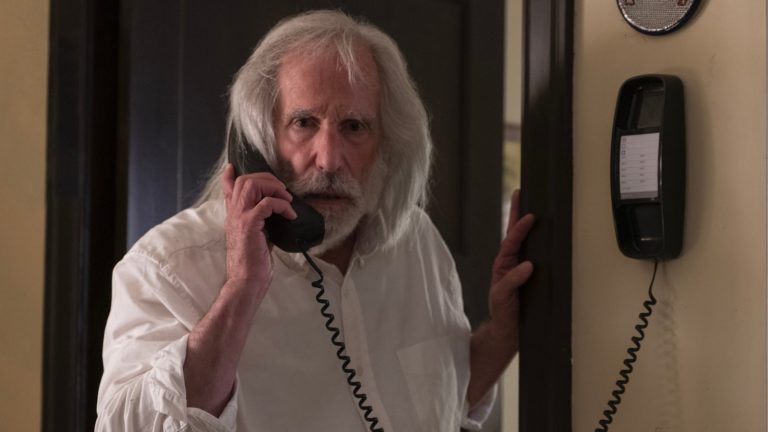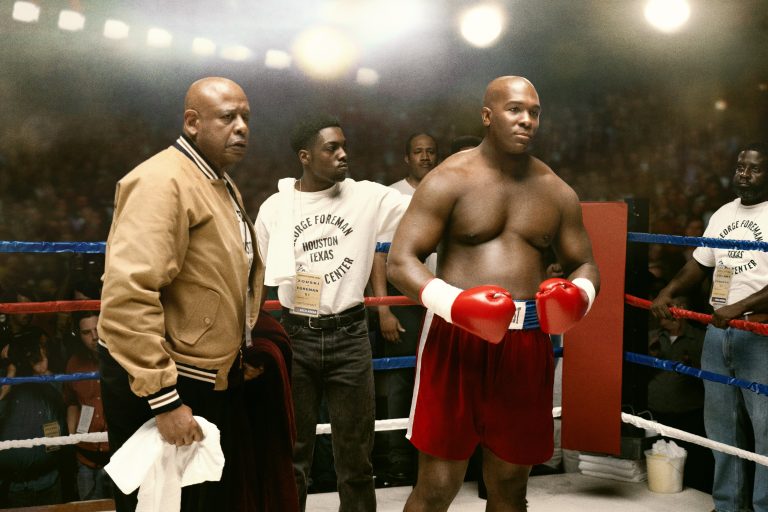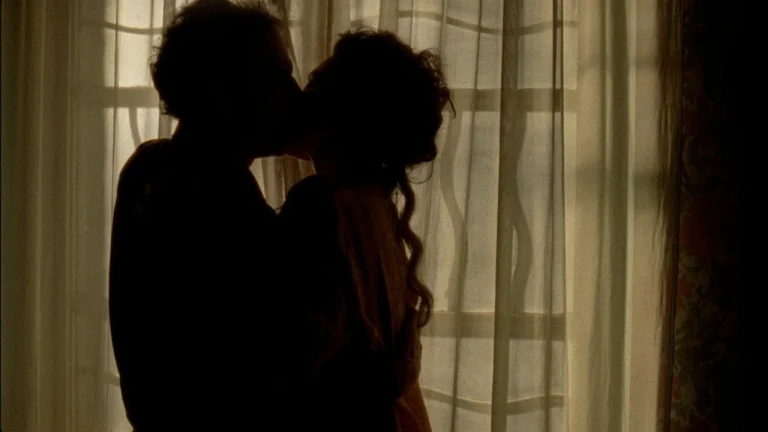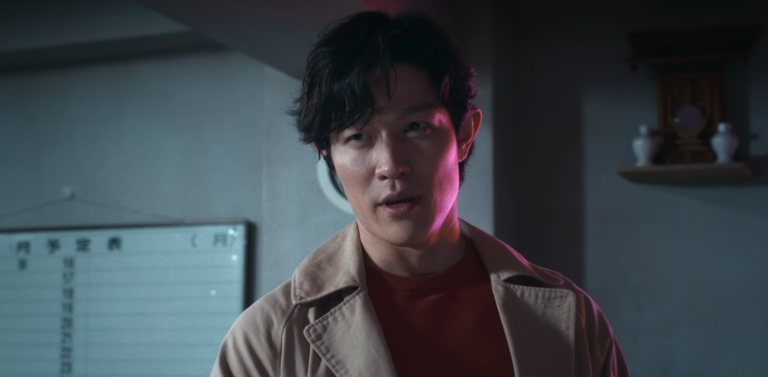Selfiee (2023) Movie Review: Sachy wrote only a handful of films before his early and tragic death from cardiac arrest. I have watched only two of them, Driving Licence and Ayyappanum Koshiyum. The nature of both films reveals Sachy’s motivations. He had understood society and its infrastructure as created by men. He built cinema from that understanding to expose the inefficiency of men. His themes were simplistic in ideation, that of a class war perpetuating itself in time. But they had never been simplistic in expression. Sachy did not shy away from considering the intricacies of social design and the implications of each action on others and institutions. His films exposed the pettiness of men, and the harm patriarchy causes to its subjects.
Driving Licence was a meta-satire that mocked institutional lethargy as well as privileged arrogance. While the foundation of the central conflict was “miscommunication,” the inflation of the conflict occurred from the faculties of the socioeconomic positions of its protagonists. Through its screenplay, Driving Licence showed a powerplay that ensues when people find the motivation to optimize the power and prerogatives associated with professional positions.
What is remarkable about Sachy’s writing is that he establishes how there is no difference between exercising power and abusing it. He renders the two acts synonymous with each other. In Driving Licence, both the characters pitched against each other are only exercising the means of control and influence they have earned and/or inherited in society with their work and social position. But the mere exercise is abuse because it is to the detriment of the principal agents and those around them.
In Rawlsian theory, the three primary goods for humans in a social setting are income and wealth, power and prerogatives attached to professional positions, and residual bases of self-respect. When possessing any of those is endangered, men use the other goods to safeguard the status quo. The entirety of ‘Driving Licence’ and ‘Ayyappanum Koshiyum’ are based on this conceited effort of men. While Sachy only wrote Driving Licence, Ayyappanum Koshiyum also had him on the director’s chair, which is why the latter feels like an upgrade.
Due to a not-so-exciting direction in the former, it was filled with contrivances and leaps of faith. And it was rather too cautious of not villainizing star fandom. But the script boasts of immense potential. And therefore, the idea of remaking a Driving Licence had never been bad, to begin with. Since Sachy intelligently writes the script, an able director could have turned the material into gold. But Raj Mehta isn’t that filmmaker. Employed by studios to manufacture films according to a predetermined template, it is disappointing but not surprising to find an absolute absence of vision and creative merit. And hence, Selfiee not only refuses to rise above mediocrity, but it also undoes the critical merit of the original that was an outcome of Sachy’s self-awareness.
Selfiee is about superstar Vijay Kumar, played by Akshay Kumar, and an RTO officer Om Prakash Aggarwal, played by Emraan Hashmi, with the latter being a huge fan of the former. All dreams come true when Om Prakash finds an opportunity to meet his idol and spend some moments with him on account of some formalities. But amidst a media invasion and personal crisis, Vijay Kumar misunderstands a situation and ends up humiliating Om Prakash. From thereon begins a battle of ego between the two who represent two distinct classes, i.e., the commons and the elite. A proclamation of being a class warrior by the media makes the matter inflammable, and the characters start flexing their respective one-upmanships.
Eventwise, Selfiee has nothing different to offer than its original. Everything is still the same, with the exception of the crisis in the superstar’s life. When it comes to performances, Akshay Kumar delivers a suitable yet, unremarkable rendition of the character. It is suitable because it doesn’t harm the story but is unremarkable because it has nothing that makes it stand out from Akshay Kumar’s real-life personality.
I am unsure whether it is effortlessness on the actor’s part or lethargy. Emraan Hashmi, on the other hand, delivers a very heightened performance. The reference point for my criticism here is Suraj Venjaramoodu’s extremely nuanced performance as Kuruvila in Driving Licence. He expresses strength and vulnerability in a measured way by virtue of which his presence before Prithviraj’s Hareendran oscillates between dominating and suppressed. And a similar trait is found in Prithviraj’s performance. Thankfully, Sachy’s writing takes great care to humanize his superstar character, and Rishabh Sharma mimics the same plot devices in his screenplay.
Selfiee has its moments of fun, but its satire is blunt. One thing it effectively satirizes is the Indian Hindi media. But then, the clowns of journalism are getting mocked everywhere for their own doings. There is a loss of gravity in news reporting, journalistic ethics, and priorities that have rendered news anchors deserving of ruthless mockery. Selfiee mocks Indian media in an attempt to put forth a point on behalf of Bollywood that the former’s propagandist crusade against the industry has caused it immense harm. Still, the industry isn’t devoid of devotion to the cause of storytelling, unlike the media, which has become morally bankrupt.
If you are a die-hard Sachy admirer, you might be indifferent to Selfiee, but to an audience who doesn’t know the Malayalam original, the remake will work fine.








